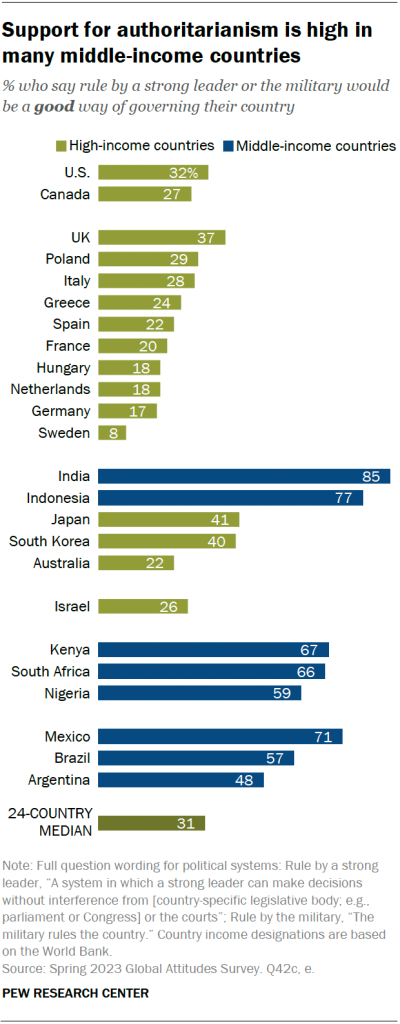Over the course of the past week, the federal government has taken several actions following Harvard’s refusal to comply with its illegal demands. Although some members of the administration have said their April 11 letter was sent by mistake, other statements and their actions suggest otherwise. Doubling down on the letter’s sweeping and intrusive demands—which would impose unprecedented and improper control over the University—the government has, in addition to the initial freeze of $2.2 billion in funding, considered taking steps to freeze an additional $1 billion in grants, initiated numerous investigations of Harvard’s operations, threatened the education of international students, and announced that it is considering a revocation of Harvard’s 501(c)(3) tax-exempt status. These actions have stark real-life consequences for patients, students, faculty, staff, researchers, and the standing of American higher education in the world.Yale President Maurie McInnis:
Moments ago, we filed a lawsuit to halt the funding freeze because it is unlawful and beyond the government’s authority. I encourage you to read our complaint.
Earlier today, the U.S. House of Representatives passed legislation that proposes to raise the tax on the investment income of Yale and a number of other universities from 1.4% to 21%. Each year, this increased endowment tax would strip from Yale’s budget hundreds of millions of dollars that currently fund financial aid, research, scholarship, and teaching.
This legislation presents a greater threat to Yale than any other bill in memory. Today, I ask you to join me in defending the research that saves lives and keeps America competitive, the faculty who enrich minds and help us make sense of our complex world, and the students who keep our future bright. What is at stake is Yale’s ability to offer financial aid, to contribute to the vitality of our nation’s culture and civic life, and to introduce discoveries and innovations that transform the world.
A federal judge on Thursday blocked the Trump administration’s wide-reaching effort to detain and deport international students, barring the federal government from arresting those students or revoking their visas while the case plays out in court.
Judge Jeffrey S. White of the Northern District of California, who was appointed to the court by President George W. Bush, granted a temporary injunction protecting international students who were among the thousands whose visas were revoked earlier this year without clear justification, writing that government officials had “uniformly wreaked havoc” and “likely exceeded their authority and acted arbitrarily and capriciously” by the mass revocation of students’ immigration status.
“The relief the court grants provides plaintiffs with a measure of stability and certainty,” Judge White wrote in the 21-page order. “That they will be able to continue their studies or their employment without the threat of re-termination hanging over their heads.”
It's not just the "woke" Ivy League. CAITLIN OPRYSKO at POLITICO:
Hillsdale College has become an exemplar for higher education on the right, even partnering with the White House last month. But the conservative Christian school located in Michigan has turned to K Street in an effort to avoid being swept up in congressional Republicans’ efforts to crack down on “woke, elite universities,” according to a disclosure filing.
Hillsdale last month retained Williams and Jensen to lobby on “specific threats to the institutional and financial independence of the college, primarily related to the higher education endowment tax,” the filing shows. The team of lobbyists working on the account includes Dan Ziegler, who served as House Speaker Mike Johnson’s top policy aide before returning to the firm in March.
— Wealthy universities were first hit with a 1.4 percent excise tax on their endowments in the 2017 GOP tax law. But the reconciliation package approved last week by the House Ways and Means Committee calls for a tiered endowment tax that would see some schools’ rate soar as high as 21 percent.
— Hillsdale dodged an endowment tax once before. During Senate debate on the 2017 tax bill, four Republicans sided with all Democrats to strip out language that would have exempted schools that don’t accept federal financial aid — a provision lawmakers said would have only applied to Hillsdale. But the size of Hillsdale’s endowment, when adjusted for the number of students, fell below the threshold included in the final bill, sparing the college.
— That’s no longer the case. Under the House bill, Hillsdale would be eligible for the lowest rate of 1.4 percent. The bill includes a provision that would exempt certain religious institutions from the endowment tax, though it’s unclear if that would apply to Hillsdale. Hillsdale did not respond to a request for comment.
— The school’s president, Larry Arnn, ripped the House proposal in an op-ed last week that called the changes “not merely bad policy,” but “a profound inversion of the American idea.”
— Arnn argued the bill, as approved by the Ways and Means Committee, “penalizes most severely those institutions that have chosen the harder path of independence,” by refusing federal funds, while leaving “untouched the vast web of colleges and universities sustained by taxpayer dollars, often bloated with bureaucracies committed to fashionable ideas, far removed from the purposes of education.”
— “Worse still,” he continued, “this tax turns the incentives backward; it rewards dependence and punishes self-reliance. It encourages institutions to seek the shelter of government aid, where subsidies can offset tax burdens.”
